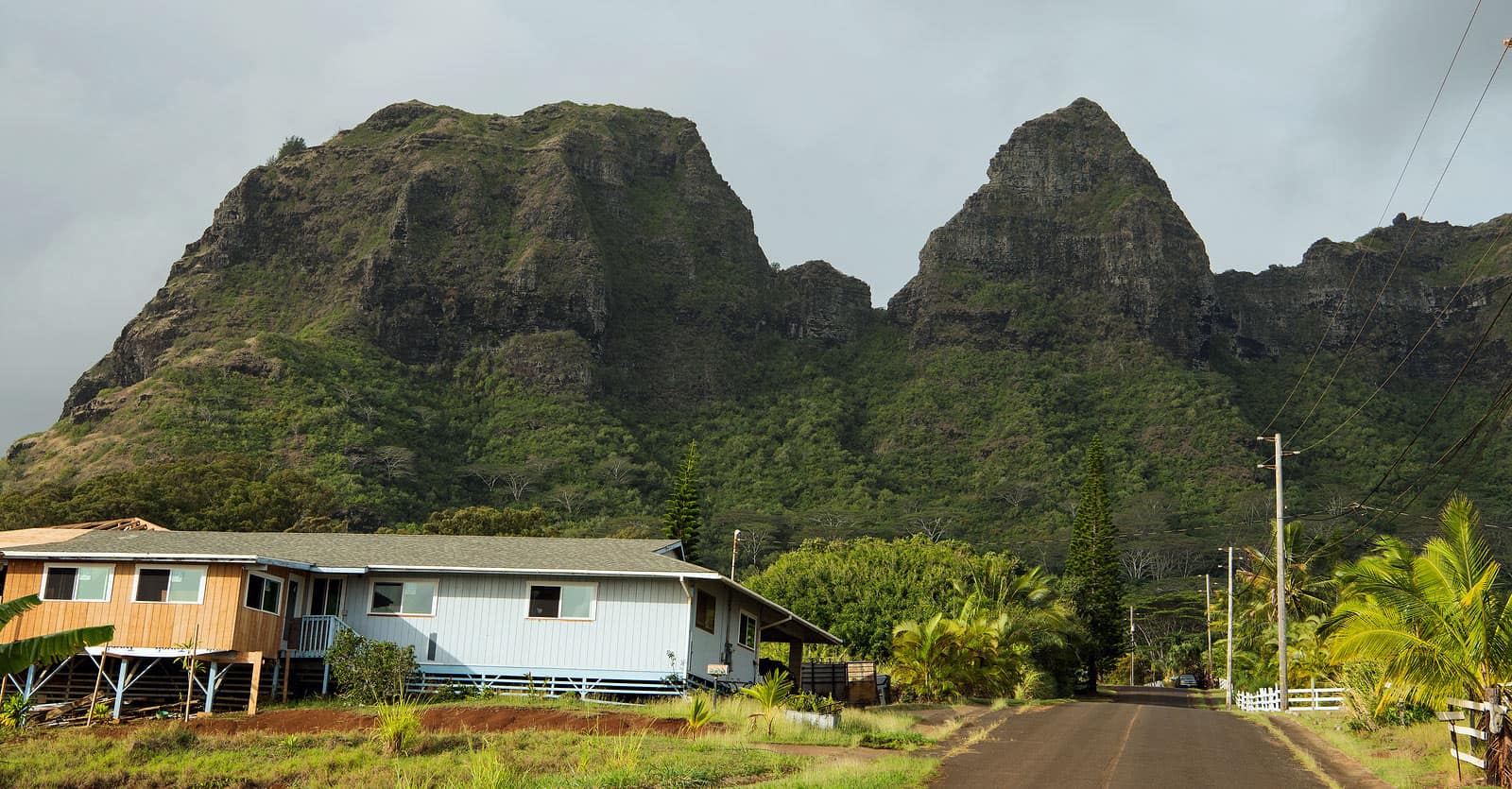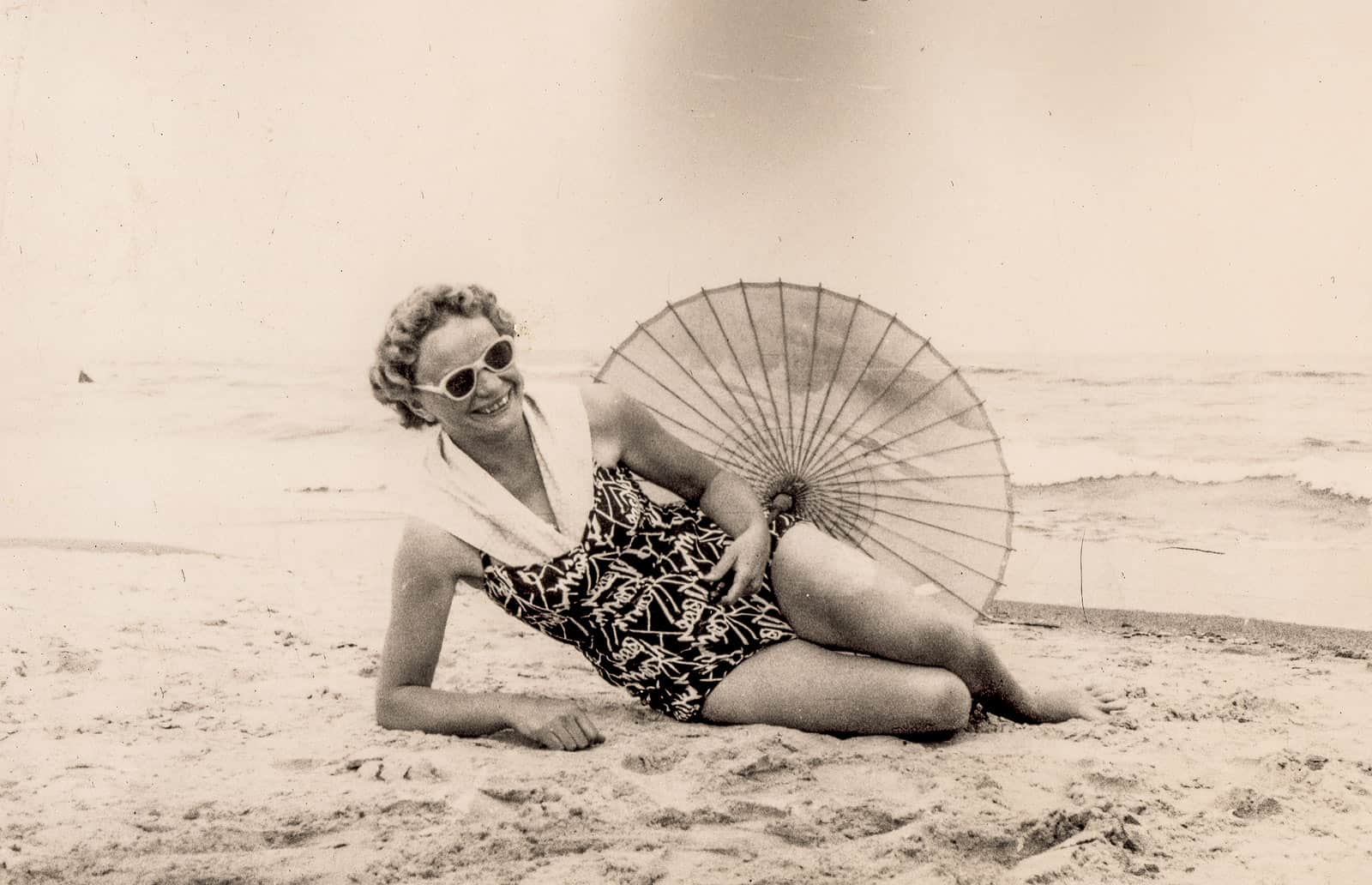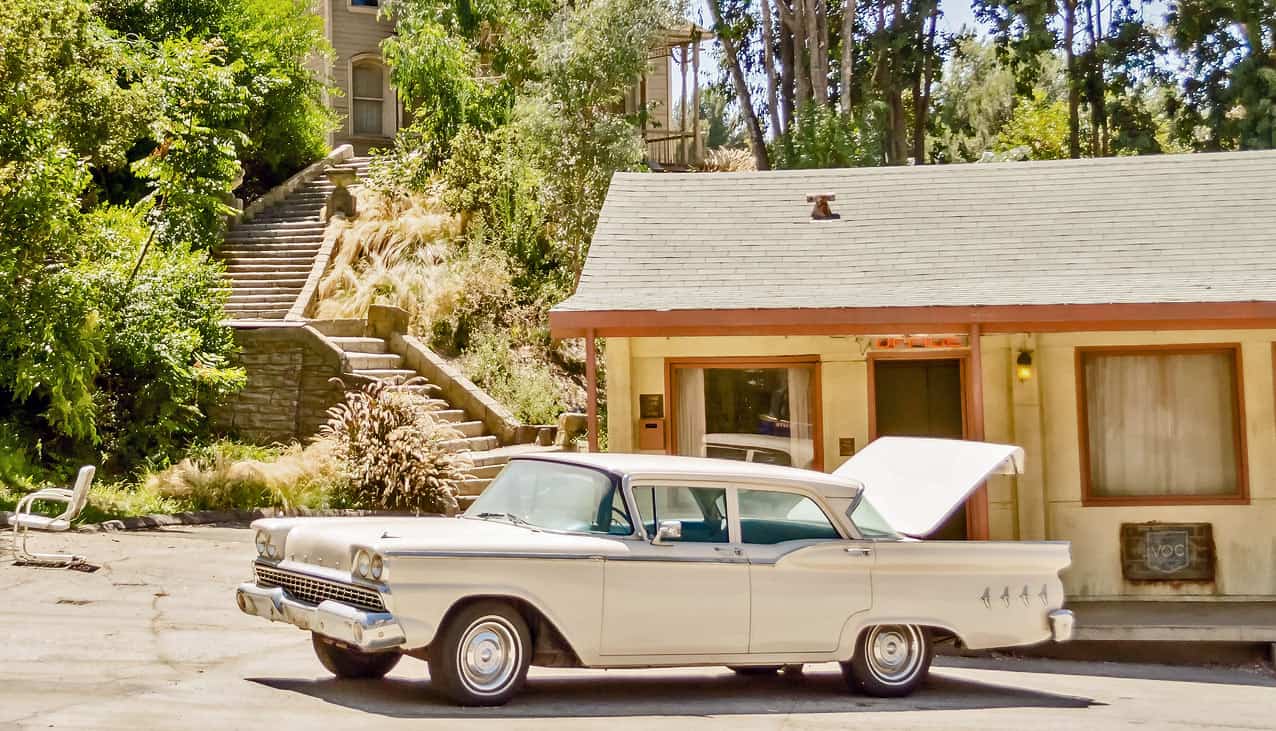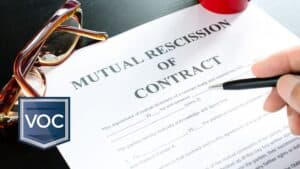Over the last year, we’ve spent a lot of time speaking on the ins and outs of fractional ownership and how timeshare cancellation works. If you haven’t already noticed, we’re pretty passionate about helping people understand what a timeshare contract is and what getting out of one can entail. Far too many consumers say “yes” to timeshare ownership because they’re persuaded to be confident in a decision they know little about. They haven’t been exposed to anything other than the sale.
Since we live in a world overwhelmed by advertisements, it’s becoming harder for people to make their own purchase decisions. Because of this, being informed on timeshare ownership prior to attending a sales presentation can be a game changer. Not all timeshares are bad. There are plenty of owners enjoying their decision right now. But it’s because they took the time to fully understanding what they were buying before signing on the dotted line.

The timeshare industry has come a long way since it first took off in the 1960’s. Although the industry still thrives today, their sales-centric model is slowly chipping away at their market share. Right to use contracts, vacation rentals and travel clubs have emerged as viable alternatives that allow people to avoid perpetual commitments.
As vacationing continues to evolve, the timeshare industry hasn’t necessarily become what it was initially set out to be. Familiarizing ourselves with the history of timeshare ownership helps us better understand what went wrong and why so many of today’s fractional owners are now wanting to get out of timeshare contracts for good. So let’s take a look at the very beginning of timeshare ownership.
Where Timeshares Began
Like most innovative concepts, the purpose of the timeshare hasn’t changed much over time. The need and greed was always there. Even before evolving into the multi-billion dollar global sales machine that it is today, a convenient and affordable getaway was the initial proposition.

The First Ever Timeshare
The first ever timeshare came about in 1963 when a developer named Hapimag and his partner Dr. Guido Renggli constructed a 13-unit resort in Graubuenden, Switzerland after acquiring multiple resort properties in the area. They began selling right to use packages while pioneering the first points program and the very first timeshare rescission clause.
The First Hotel-Condominium Timeshare
In the meantime, Americans were developing their own variation on the island of Maui, Hawaii. The Hilton Hale Kaanapali broke ground in late October of 1965 and consisted of 6 buyers. Greg Dillon, Conrad Hilton, Robert “Bob” Svoboda, Erik Jacobsen, Ed Hasting and Fritz Burns were the first to purchase a Hotel-Condominium Timeshare in the United States. Owned by Amfac, the property was located on a Pioneer Mill Plantation that covered 15,000 acres.
The First Timeshare Sales Strategy
Somewhere during the later half of the 1960’s (some say as early as 1964), Paul Doumier of the Société des Grands Travaux de Marseille development company was constructing his own timeshare concept for a ski resort in the French Alps. His firm, SuperDevoluy, was able to persuade travelers that buying a room at his resort was far cheaper than renting one. Doumier is an important figure to remember when it comes to the history of timeshares because his ad campaign is the framework for today’s sales presentations.

The First Non-Hotel Condo Timeshare
At the tail end of the 60’s, Hawaii stepped backed onto the scene when Robert Burns and Bob Ringenburg began selling weekly intervals for leasehold condos on the island of Kaua`i. Shortly after, The Kaua`i Kailani became the first non-hotel condo timeshare sold in America. “The Two Bobs” went from pitching forty-year leases in the spring of 1969 to launching their own company. Determined to prove they valued their members, they were the first timeshare to roll out a flexible points system. After 40+ years in business, VI Resorts still stands by the slogan, “Flexibility is Key.”
Timeshare Transformations in the 1970’s.
Once the trend of the timeshare hit the marketplace, there were plenty of investors after a piece of the pie. Something that had never been done before quickly became revolutionary for travel. Places that people didn’t dream of being able to visit were now at their fingertips. To say the timeshare industry took off in the 1970’s would be an understatement. In the early history of timeshare ownership, bad experiences weren’t viewable like they are today. Reviews and scams didn’t taint perception and it was easy for consumers to see the purchase was worthwhile.

As popularity grew, the revenue generated by the resorts provided timeshare companies with unique opportunities. Once success was had, expansion was inevitable. One of the biggest advancements of the industry was geographical expansion efforts. Anywhere in the world could now be turned into a vacation haven that locked buyers into lifelong commitments. All timeshare companies had to do was sell fractional ownerships. Keep in mind, the capabilities of marketing in the 70’s was nothing like it is today.
History of Timeshare Competition and a Sales Focus
Although some companies were content with where they were, other organizations emerged and exchange companies began to formulate. Since the industry was unregulated, competition emerged quickly in the timeshare industry. Exchange companies began to rise in power and dominate markets with their ability to spend. This decade saw ownership go from 45 to 350 buyers and resorts expanded from 10,000 to 200,000 properties.
While the 70’s is known for the growth in timeshare interest, it doesn’t mean the industry didn’t face it’s challenges. It was nearly impossible to predict and seamlessly address flaws or inconveniences that never existed before. Snags in the user experience started to evolve when when a U.S. tax ruling stalled the “right to use” concept.

When money slowed down for resorts, they started abandoning their customer focus and began spending more time developing sales tactics to fill intervals. While quality lodging was offered throughout this period, the stigma of consumer ripoff and dissatisfaction clouded the appeal of all recreational properties in nearly every destination – even when perception was inaccurate. Developers also began taking advantage of blind consumers by offering travel packages that didn’t yet exist. As a result of dishonest activity, state lawmakers started considering extensive product registration and licensing for timeshare enterprises.
It took years to overcome some of the misleading tactics and much of the negative stigma remains today. If you ask people that were involved with the industry during this period of time, they’ll tell you that consumer skepticism began in the 70’s. Timesharing didn’t even reach it’s 10th birthday before people noticed greed taking over. The quick dollar started to become valued more than long term sustainability and customer loyalty. It’s a shame because many of the founding fathers proved it doesn’t have to be this way.
Timesharing Officially Became a Movement by the 1980’s.
At the same time, this era of timeshare history also brought a lot of progress towards a better system. Secondary lenders began financing receivable and small regional sellers established themselves. The first national timeshare conference was held, publications started garnering interest and the ARDA founded the Resort Timesharing Council. Many of the events and happenings surrounding the industry today originated during this timeframe. The first and today’s largest exchange company, RCI, got its start in the 70’s. Interval International also opened for business in this decade. These two companies are currently affiliated with 99% of the timeshare resorts in the U.S.

A lot transpired during the first 17 years of timeshare history. New ideas, facilities, partnerships, merges and communities during this time in history revolutionized vacationing. As the travel industry continues to evolve today, one can’t help but wonder if timesharing will continue making billions long term. With more options geared towards the user experience, it’s hard to believe a sales approach will persevere. If the bad ends up outweighing the good, the timeshare could end up being history itself. It’ll be interesting to see where timeshare vacationing goes from here.
Get Your Questions Answered with VOC.
If you’re unhappy with your timeshare and would like to know what your options are, we’d be glad to review your situation during a free consultation. If you’re actually ready to cancel the contract and annual fees for good, you can always fill out one of our qualification forms below.






